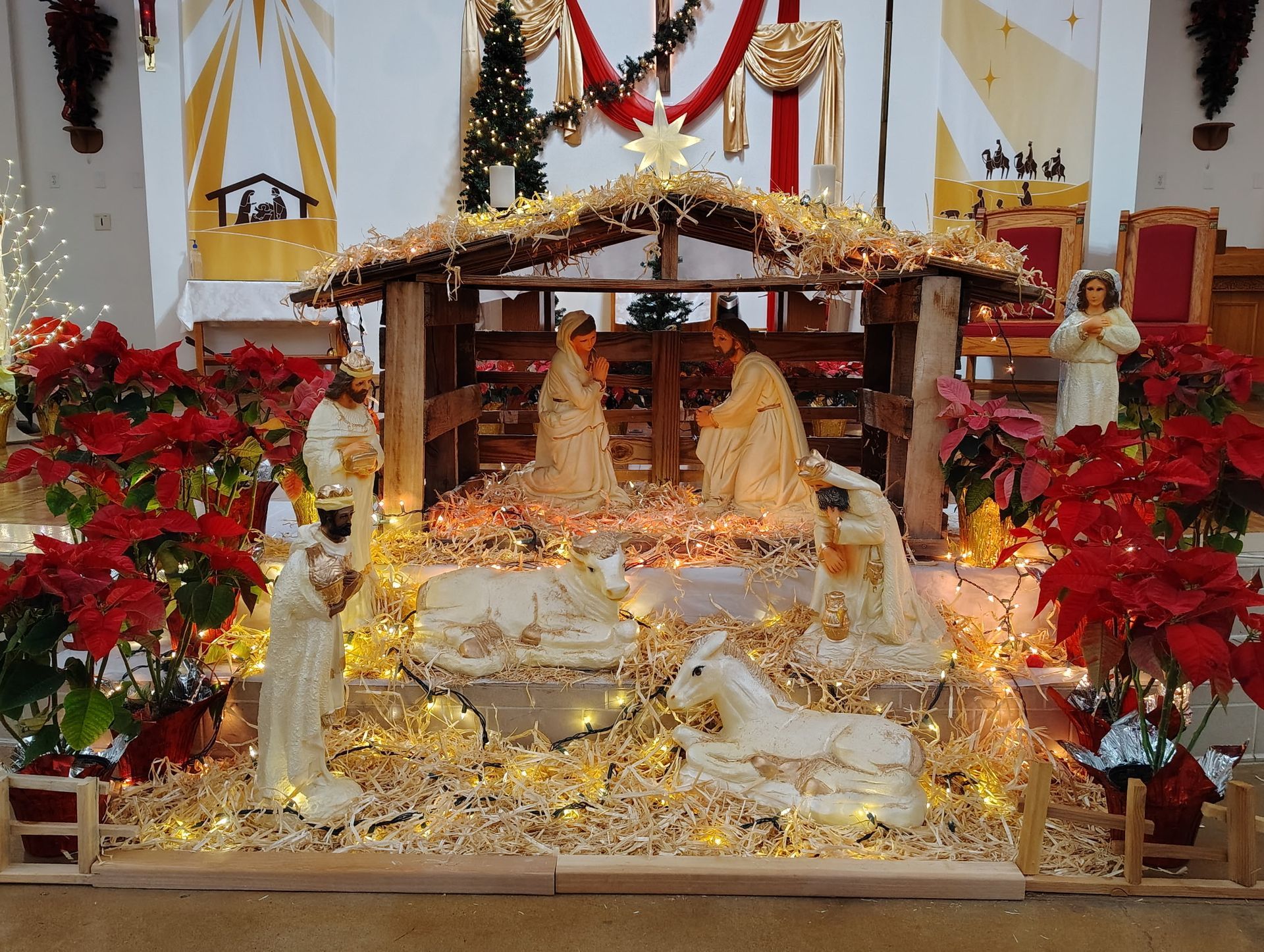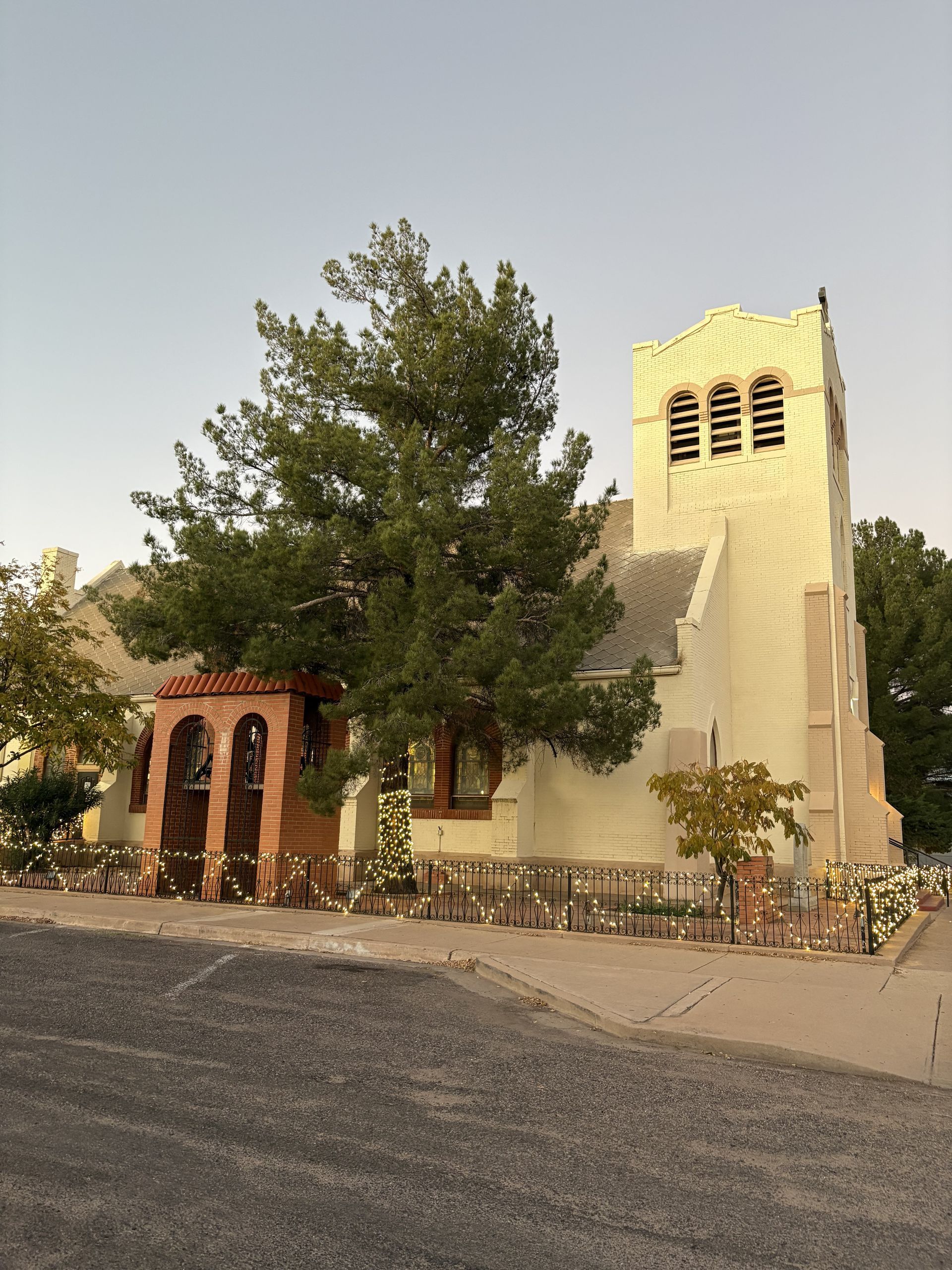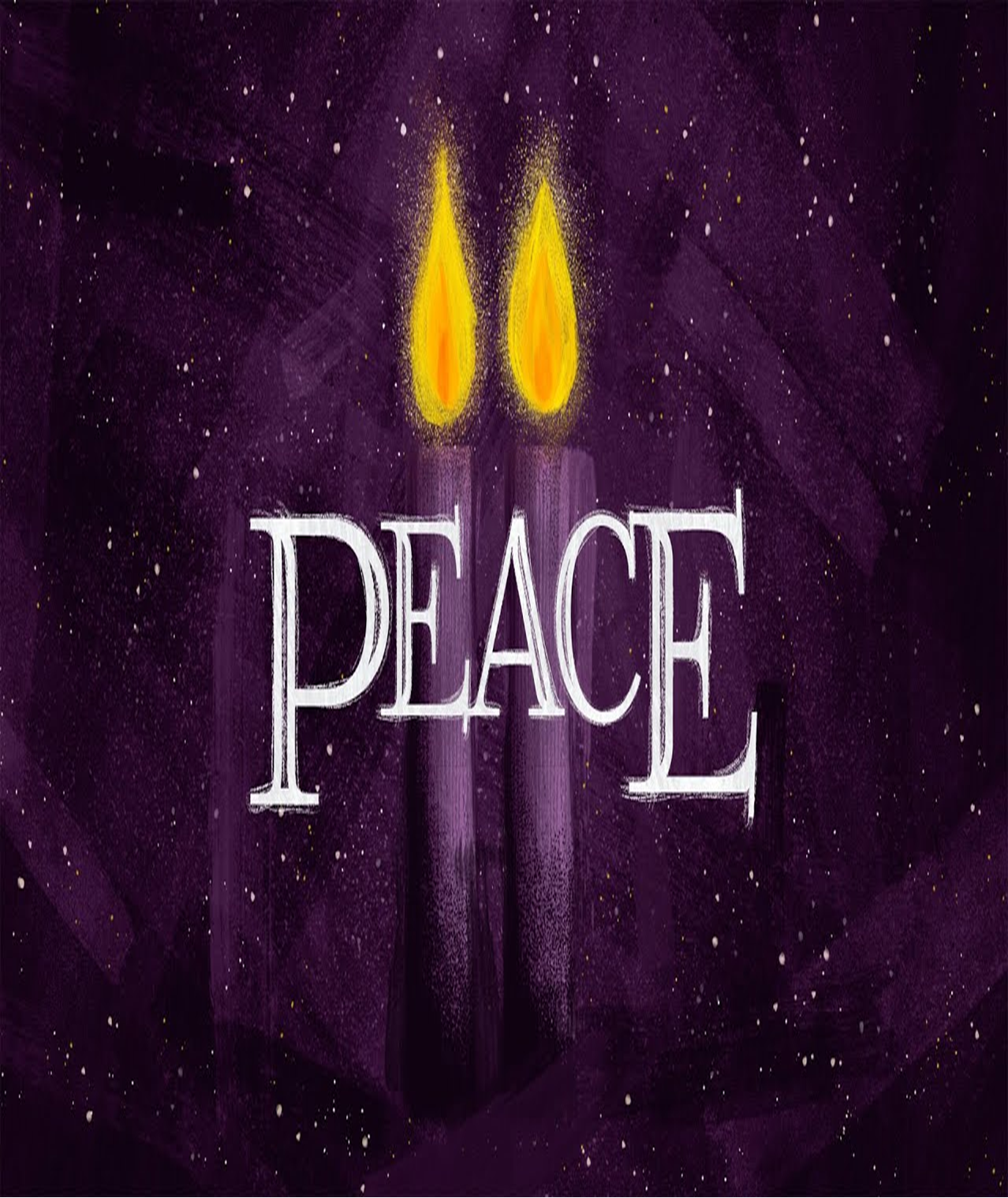As the liturgical year slowly winds down and Thanksgiving Day just days ahead, our minds are filled with so much excitement about travel and dinner plans, seeing friends and loved ones and possibly, humongous spending the following day to officially kick off Christmas season. We make sure that our jobs are secured enough and familial relationships in check. Not very many of us probably think about the end of history, you know the time when the entire world comes to an end and the Son of Man appears with great power and glory. I hear you. We share the same sentiments. We’re aware that signs of the end-times (endless wars, senseless violence and terrible disasters) have already taken place. But since it (end-times) has not occurred when this text was inscribed even centuries thereafter, we suppose it won’t happen in our generation, too. Our notion of the end of the world is possibly losing our jobs, possessions and loved ones, getting in trouble with the law and breakdown of relationships. And so, we ignore the vision and easily dismiss the claims of the end-times.
Is there such a thing as the end of human history? Yes, and this is good news and an electrifying message. History will indeed come to a halt as predicted over millennia ago. What will happen then? There will be great tribulations. Mark 13 also known as the little apocalypse delineates the cosmic portents that is, the destruction of the heavenly realm. But contrary to the popular doom and gloom movies normally released at this time of the year, the real end-times happens with the coming of the Son of Man with great power and glory to vindicate the righteous for enduring suffering and punish the wicked. Accordingly, those who remain faithful under threats of persecution will end up triumphant. It’s a little odd bringing this up because this is not how we live our faith nowadays. We’re relaxed. We’re quicker in heading to the parking lot than in getting to the church. We’re loyal to the institution than to God. Faith is something we do for one hour in church on Sunday. Other than that, it’s business as usual. There’s not much to talk about faith and religion. If there is, it’s reserved for the experts. How many of us can say that we’re all in and locked in our faith? This weekend is a perfect time to wrap up, a debriefing session as how did we live our faith during the year.
Perhaps, I’m way behind as a hermeneut but I find it interesting that Mark 13 as an eschatological discourse is also called to borrow the phrase “the literature of the dispossessed.” It is said that the Book of Daniel proclaimed in the first reading was profoundly influenced by the lives of the oppressed and depressing experiences of the alienated people. Such texts arose from the daily lives of the powerless whose life was defined by faith in God and the voiceless who held on to God as their only source of hope and refuge. This message is timely and can’t be overemphasized.
Although there is no fixed date and timetable for the Parousia, let’s not worry about it since it’s beyond our control and the limits of our thinking. Not even the Son of Man and Mother church in her wisdom know but only the father. For the time being, we’re asked to remain steadfast in our faith under any threat against religion because eventually, we will be victorious in a dramatic fashion.



